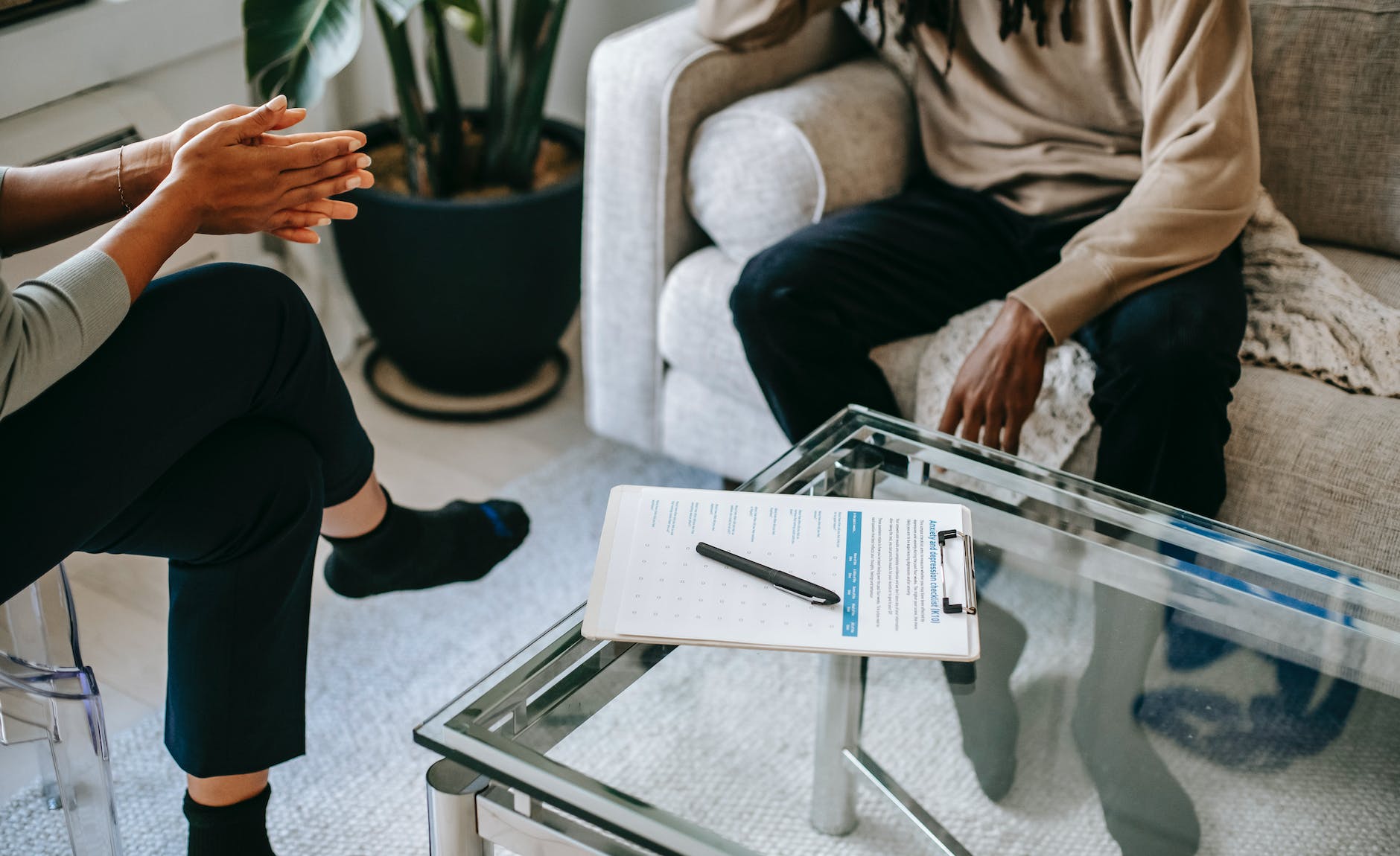

Check out the featured post here: https://www.ibelieve.com/health-beauty/5-steps-for-your-first-appointment-with-a-counselor.html
Five Steps for Your First Appointment with a Counselor
“I think you know what you need to do; you just don’t want to do it.”
My best friend’s words pierced through the phone, penetrating a wound in my heart I’d been ignoring for over a decade: trauma.
She was right. I knew I needed to see a counselor. Keeping all my thoughts inside my head wasn’t helping anyone. I was reliving memory after memory, drinking a poisonous elixir, yet expecting healing to magically appear. But healing wouldn’t begin until I was willing to talk to someone about what I was going through.
This is why I want to help ease any hesitations you may have about seeing a counselor yourself. Being a young adult and searching for the right counselor can be scary! Questions like What if they’re a quack? What if they don’t help? cloud our minds. But here are five steps for approaching your first appointment that helped me in my first session, and it’s my prayer they’ll help you, too!
Step 1: Find a Counselor
Before making the leap to see a counselor, I wanted to make sure I saw someone who was certified and would gel well with my personality. I did a lot of research using Psychology Today, as well as searching for reviews on specific therapists I thought might make a good fit. If you’re a Christian, you can even filter people on Psychology Today who share your faith if that’s important to you (or ask your church leaders if they have any recommendations of trusted Christian therapists). It was also extremely valuable to me to speak to individuals who’d seen the counselor I was interested in booking a session with.
Just be aware you won’t be able to learn everything through research, so try not to stress yourself out with this! Research can be helpful to narrow down the pool of options, but don’t get stuck here.
Step 2: Pat Yourself on the Back
Reward yourself. Phew! You’ve done the hard task of finding a counselor. I know that takes guts and courage, but this first step really is the most crucial. However, we can’t stop there.
I know at this point you might be tempted to freak out and cancel the session before it starts, but don’t! Be proud of yourself for doing this scary thing, and remind yourself how important it is to keep going.
Step 3: Prepare for Your First Session
Once I decided on a counselor, I had to fill out a lot of paperwork that explained my mental, physical, emotional, and social health. Different counselors might have different procedures, but the most important thing for you to prepare is to consider what you hope to achieve in your sessions.
For example, setting your own goals and ideas prior to your first meeting can help lessen nerves and give you more clarity. These goals could range from, “talk to more people,” if you’re dealing with social anxiety, to“come up with an action plan for my panic attacks”. But please don’t worry if you’re having trouble putting goals together! A good counselor can help you create these and go over them during your initial meetings, as well.
Step 4: Be Vulnerable
Now that you’ve made the appointment, it’s key that you’re honest with your counselor. Being transparent and vulnerable is the only way they can effectively help you heal. And all that paperwork you had to fill out? Your counselor wants you to be honest in it so they can help you best.
Being transparent with someone you hardly know might sound crazy. It’s certainly not easy! But as you get to know your counselor and invest in the time and effort it takes to build a relationship with them, trust can grow and healing can result.
Step 5: Know that Cultivating a Relationship with Your Counselor Takes Time
There’s something else you have to know, though: your first appointment with a counselor is probably going to feel weird. This is the case for almost everyone. But please hear me out: go to the appointment anyways. And while you’re there, open up. Share, be honest, and be transparent. But don’t be surprised if you don’t click right away and they aren’t immediately your best friend.
That said, if it’s not the right fit, don’t force it. Trust your gut and intuition. Sometimes people who meet their counselor or therapist truly don’t like them. This wasn’t my experience, but it’s okay to give it some time. And at the end of the day, if you really have some concerns, know that you might not find the right counselor immediately. It may take some trial and error. But even once you’ve found a good counselor, things could still feel awkward. And that’s okay because cultivating this relationship takes time.
When I walked into my first session, I felt so weird. Sharing with a stranger was hard. But over time, we built trust, and now I can’t imagine getting therapy from anyone else. Building trust comes takes time and communication.
Maybe today you’re in a similar place as I was before I started counseling. You know that you need to reach out, but you’re scared or unsure. I hope that through these five steps, you’ll be encouraged to make that first appointment and begin healing, one session at a time.
Agape, Amber
